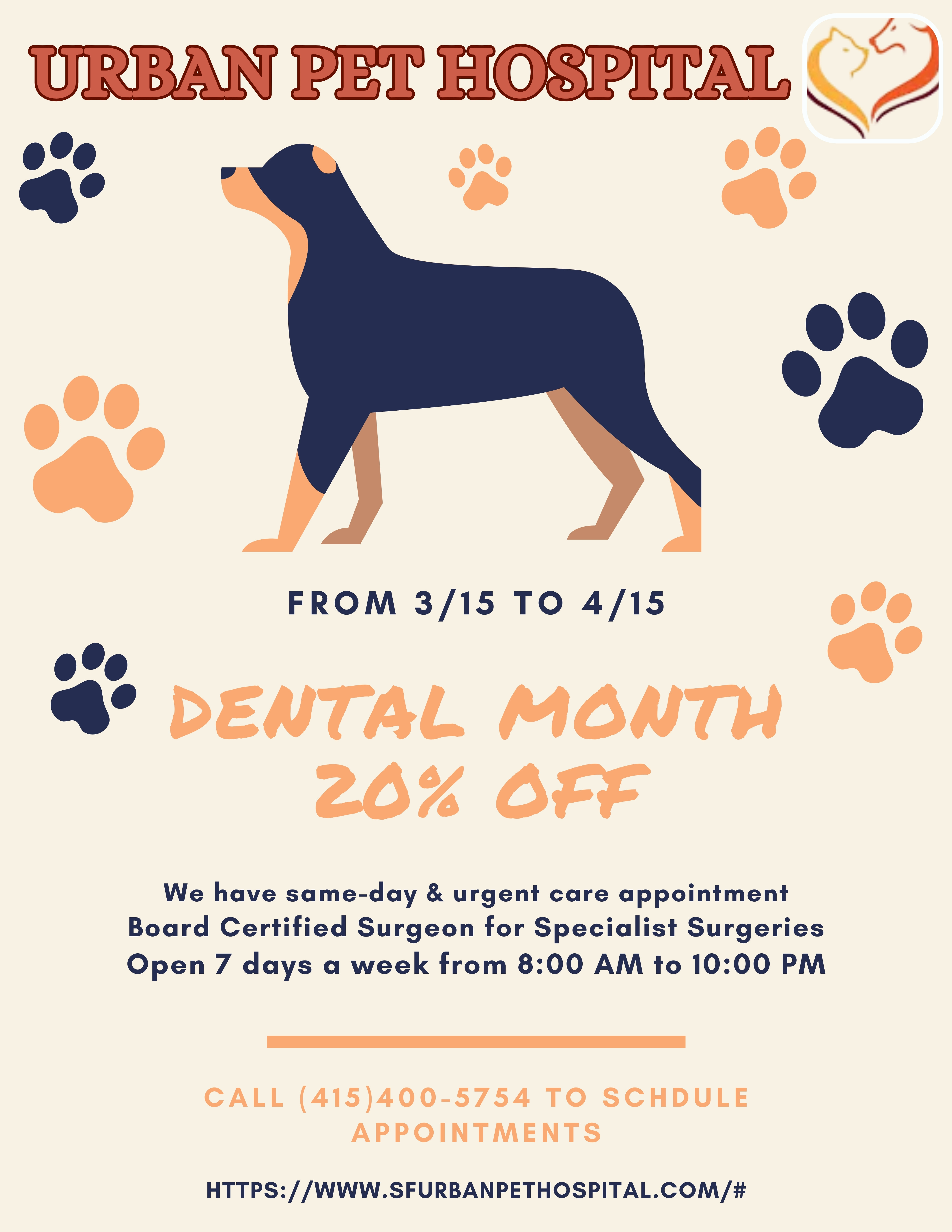Post-Surgery Home Care Instructions
After your pet has surgery, post-operative care is critical in terms of comfort, safety, and recuperation. Proper post-op care aids healing, minimizes the risk of requiring additional corrective surgeries, speeds recovery, and is vital to a successful outcome.
Learn what to expect:
POST-ANESTHESIA
- Many Pets will whine and seem restless the first night after undergoing anesthesia, in most cases, this is a normal side effect.
- Anesthesia can also make some pets confused, disoriented, and slightly unsteady for a few hours.
- A slight, dry cough for a day or two is expected because of irritation from the endotracheal tube. If the cough is wet or productive, please let us know.
- It is not unusual for defecation to be delayed for 24 to 36 hours due to the effects of anesthetics.
- A slight increase in urination on the first day is common because of the fluids that were administered.
- Some pets may have diarrhea for a day or two after coming home. This can be due to the medications they are taking, the stress from the change in their usual routine, etc. Call us if it lasts for two days or more.
FEEDING
- Please keep your pet in a warm and dry place when you arrive home after surgery, only feed him a small amount of food and water (up to ½ of the normal amount). The next day after the surgery, your pet should be back to his normal routine.
- Some pets are nauseated after anesthesia, so if your pet vomits, do not feed again until the morning.
- A decreased appetite usually isn’t a concern for the first day after surgery. If your pet is not eating or drinking 24 hours after going home though or seems depressed, please notify us.
- Fresh water should always be available.
ACTIVITIES
- Activity is often restricted for a period of time after surgery, ranging from several days to many weeks, depending on the type of surgery, make sure to have full instructions from your doctor.
- Activity is including: running, jumping, climbing, swimming, etc.
- Some orthopedic surgeries require 2 months or longer for adequate recovery. Back or neck surgeries may require several weeks before an animal is able to walk unaided.
- You may need to keep your dog on a leash at all times, both inside the house and out.
INCISIONS
- To prevent infection, surgical incisions need to remain dry. If the incision becomes dirty, gently clean it with saline solution. Otherwise, leave it alone.
- Keep checking the incision frequently until it is completely healed. Check for swelling, oozing, pus, redness, heat, bad odor, loose or missing staples or stitches, or cuts and call us
- Excessive licking can irritate an incision and cause infection or drainage. A normal amount of drainage is none to just a few drops.
CONES
Cones, also called Elizabethan collars or e-collars, go around your pet’s neck. These devices help prevent your pet from irritating the incision, creating an infection, and pulling out stitches or staples.
THE BANDAGE
- After certain surgeries, your pet may need to be bandaged or splinted, all of these materials need to remain clean and dry.
- Apply a heavy plastic bag over the bandage when taking your pet outside and never leave the plastic bag on for extended periods of time as moisture will build up under the bag.
- If the bandage or splint gets wet, dirty, or becomes loose, or if you smell a foul odor, there may be a sore developing under the bandage, please call us immediately.
MEDICATIONS
- Follow the medication schedule exactly and give the prescribed Medications for the length of time indicated.
- Pain medications are necessary for some circumstances.
- Watch for signs that your pet may be uncomfortable.
- Dogs in pain will be unable to settle down and rest.
- Cats are more likely to hide and stop eating.
- If you miss a dose, do not double up the next dose. Simply resume the dosage schedule.
- Do not give any medication or supplements without first discussing them with the doctor.
- Some medications can be toxic to humans. Use gloves when handling these medications to protect your health and children should not be allowed to medicate pets.
- Many people will give a pill with a treat, but be aware that some types of treats are inappropriate for certain conditions.
EMERGENCY
The symptoms we consider an emergency are:
- Bleeding from the surgical site.
- White gums
- Temperature over 104
- Depression or unresponsive behavior
- Any signs of redness, swelling, or discharge could mean an infection.
If you see any of those symptoms, and/or you have any questions or concerns, please contact our hospital immediately at (415) 400-5754, our hours from 8:00 AM to 8:00 PM 7 days a week, if you reach us after hours, please call:
Pet Emergency & Specialty Center of Marin
901 Francisco Blvd E, San Rafael, CA 94901
Phone: (415) 456-7372
OakVet Animal Specialty Hospital
1133 7th St, Oakland, CA 94607
Phone: (510) 879-4888
SAGE Veterinary Centers
600 Alabama St, San Francisco, CA 94110
Phone: (415) 566-0540


